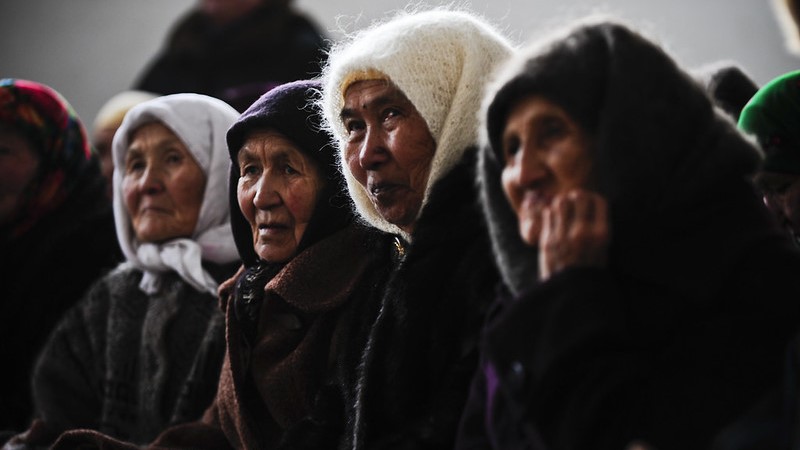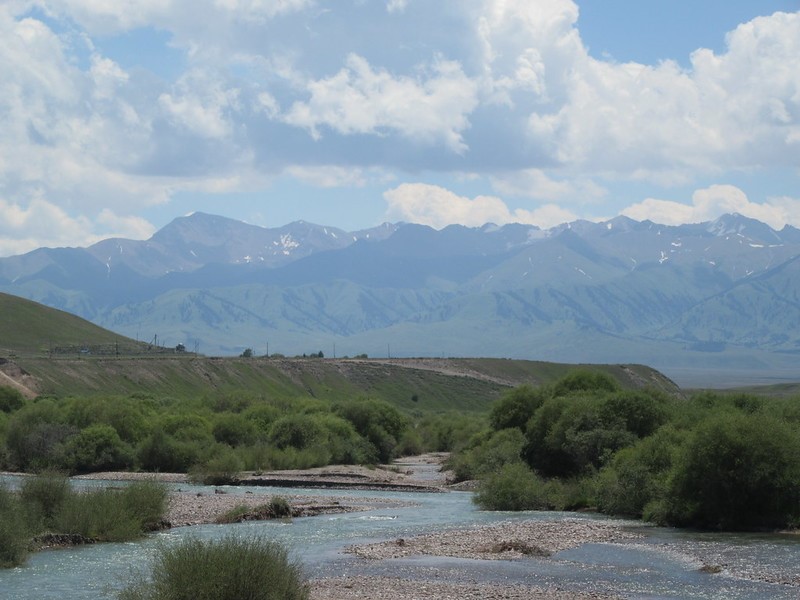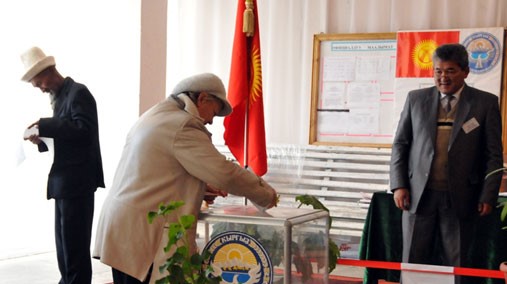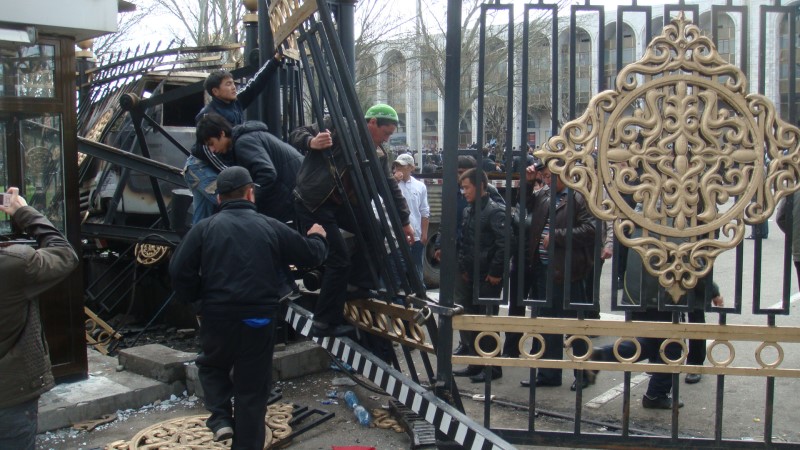Conflict in the Kyrgyz-Tajik Border – a Potential Turning Point for Central Asia
By Filippo Costa Buranelli
May 5, 2021, the CACI Analyst
The armed conflict of last week between the armed forces of Kyrgyzstan and Tajikistan is the culmination of years of low-level violence. While having an impact on the development, prosperity, and security of border communities and local villagers, these limited confrontations have not directly affected relations between the two countries. However, with some 50 dead, hundreds of injured, and thousands of displaced people, the current conflict could become a turning point not just in their bilateral dealings, but also and especially in the construction of a regional order in Central Asia.

The Sokh Enclave: A Breakthrough in Central Asian Cooperation
By Farkhod Tolipov
April 21, 2021, the CACI Analyst
April 1, 2021, saw the reopening of the long-awaited road connecting the Uzbek Sokh enclave, located within Kyrgyzstan, with Uzbekistan’s mainland, allowing free movement of cars and pedestrians. This became possible after the visit of Kyrgyzstan’s newly elected President Sadyr Japarov to Uzbekistan in March 2021, during which the two states announced their determination to eliminate all remaining border problems between them. Uzbekistan and Kyrgyzstan demonstrated and confirmed their relationship as strategic partners and provided a new example of Central Asian cooperation.

The Fall of Kyrgyzstan’s Parliamentary Experiment and the Rise of Sadyr Japarov
By Johan Engvall
January 21, 2021, the CACI Analyst
On January 10, voters in Kyrgyzstan went to the polls and elected Sadyr Japarov new president and voted to change the form of government to a presidential system. Although the turnout was a historic low of less than 40 percent, those casting the ballot gave Japarov and his preference for a presidential form of rule resounding support. This spelled the end of the road for Kyrgyzstan’s decade-long experimentation with a parliamentary-style political system, begging the question what went wrong and caused this political turnaround?

The New China-Kyrgyzstan-Uzbekistan Corridor
By Emil Avdaliani
November 24, 2020, the CACI Analyst
In recent years, China has made significant economic inroads into Central Asia. A recently opened new transportation route linking Xinjiang to Uzbekistan could have large geopolitical repercussions. Although many questions remain as to how effective the corridor will be, particularly as the Kyrgyz section of the railway is still not completed, its likely continuation is via the Caspian towards the Black Sea ports. The route, a part of China’s Belt and Road Initiative (BRI), indicates the project’s success in Central Asia, which will be stoking apprehensions in Moscow.

Kyrgyzstan’s Third Revolution
By Johan Engvall
October 8, 2020, the CACI Analyst
Kyrgyzstan is again in turmoil following the country’s parliamentary elections on October 4. The day after the election, thousands of demonstrators gathered in central Bishkek to protest the outcome of what opposition leaders described as the dirtiest in the country’s history, ending in a violent showdown between riot police and demonstrators. The fighting went on long into the night, until the protesters overrun the police and seized the presidential palace and the parliament. State power collapsed in the blink of an eye. Now begins the hard part of bringing back law and order and finding a viable path forward. The outcome is genuinely uncertain. There are no boundaries for what kind of interests that can lay claim on political authority. Old and new politicians, criminal groups and political activists all try to fill the power vacuum.



